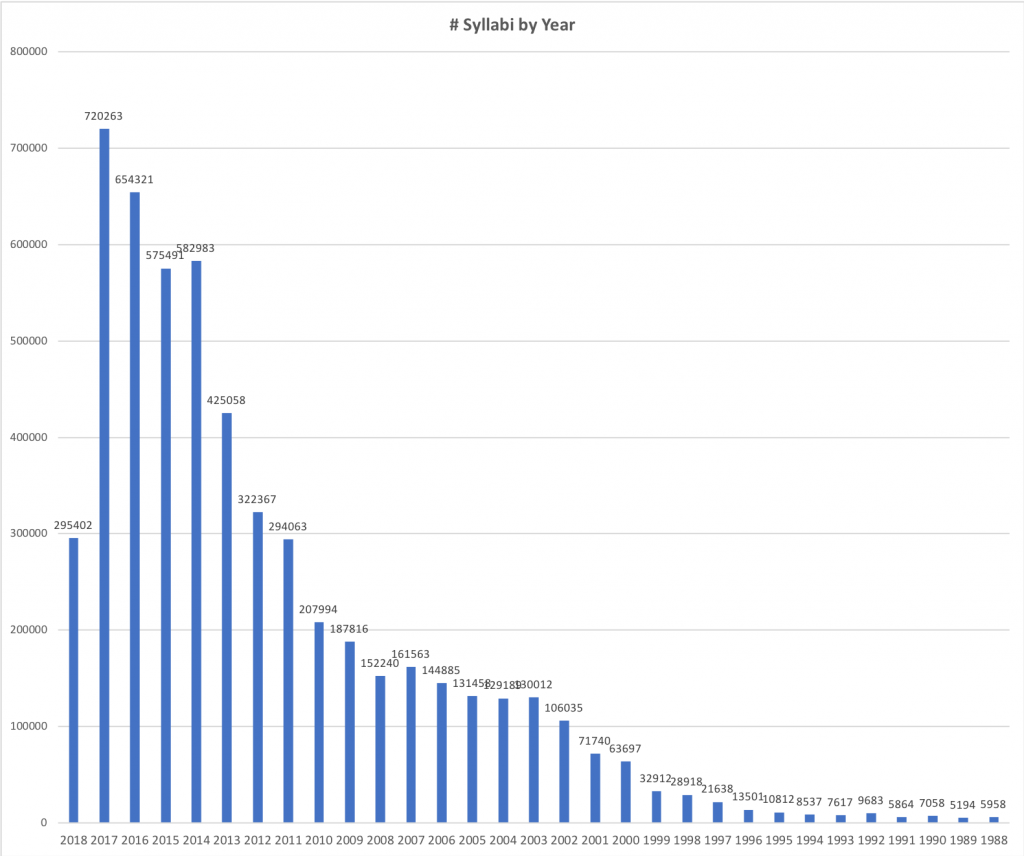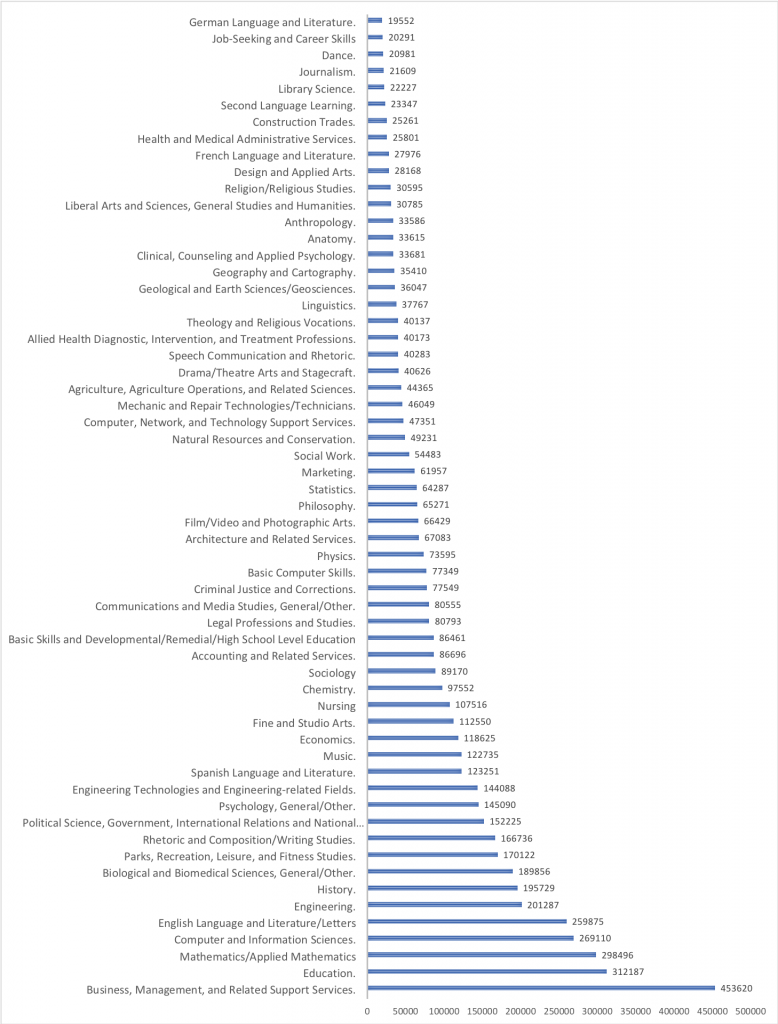Walt Whitman and Emily Dickinson, Selections Whitman has many famous lines about celebrating himself and containing multitudes and taking to the open road, sounding his barbaric yawp, yet stylistically, he used a device called “cataloging.” A long list. Write that down. It’s important, because we all catalog, make long lists of lovers, of things to pack, pros and cons, items at the drugstore. Some catalogs come with details, like wine lists. Some in a shorthand no one but us can read, and if enough time goes by, neither can we, as we pull a forgotten slip of paper from the bottom of a purse or a pocket and stare at a mystery. Dickinson used dashes in her lines, random capitalization, difficult to decipher punctuation. She wasn’t consistent in her usage, and often her poems were in unfinished forms. But it’s the dashes that draw me, so we’ll focus on those. Sometimes they appear at the end of a line, others in the middle, interruptions. Still, other poems are words alone, no dashes at all. Emphasis? A writer’s pen carrying over to the next word, down the line? Never intended as part of the prosody at all, like a pause in a conversation misinterpreted as silence or disagreement when it’s only search for the right words? Or are they like bridges crossing a question? We’ll be seeing these elements throughout the semester: catalogs of loss, of what lies between or is left to the end, the choices too difficult to decipher. I’ll tell you up front: he left. So let’s look at an opening line of Dickinson’s: “You left me, sweet, two legacies—”
And he did, one, the legacy of our years together that began with the Eagle River and a half moon. The other, the sweetest legacy, our daughter, who, I suppose, he never saw as part of his prosody. That dash—his disappearance. And so, to the Whitmanesque open road he went, “afoot and lighthearted,” while, me? My lines are a bit further down: “I carry my old delicious burdens . . . . I carry them with me where I go/I swear it is impossible for me to get rid of them.” The delicious burdens I bear because no state, not this one or the last three I’ve lived in can trace a line underneath Kenny and make him pay child support. He’s the dash that keeps dashing, a catalog of unanswered phone calls. | 

